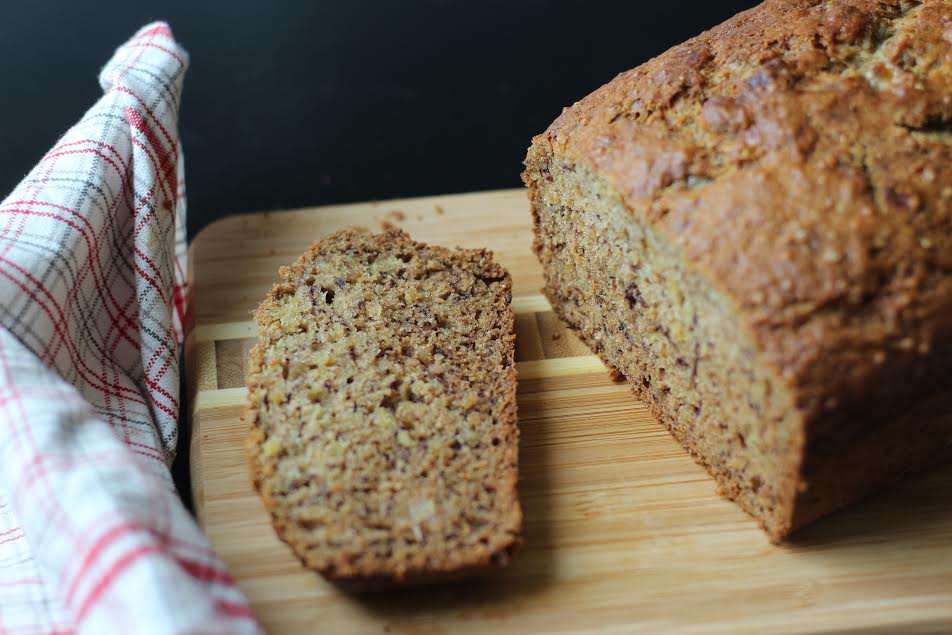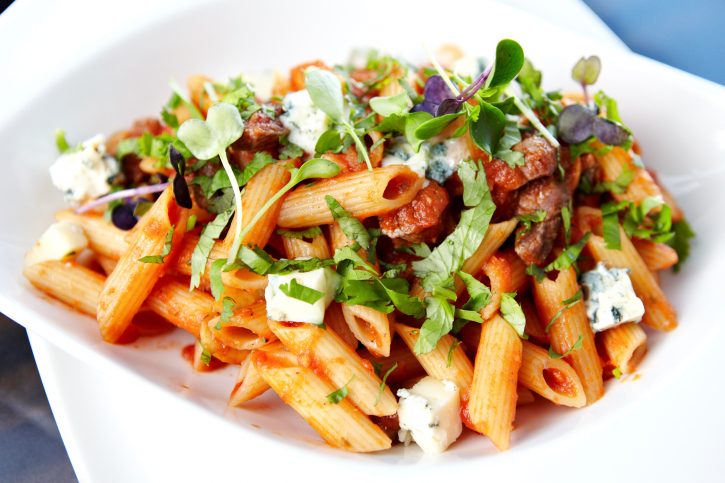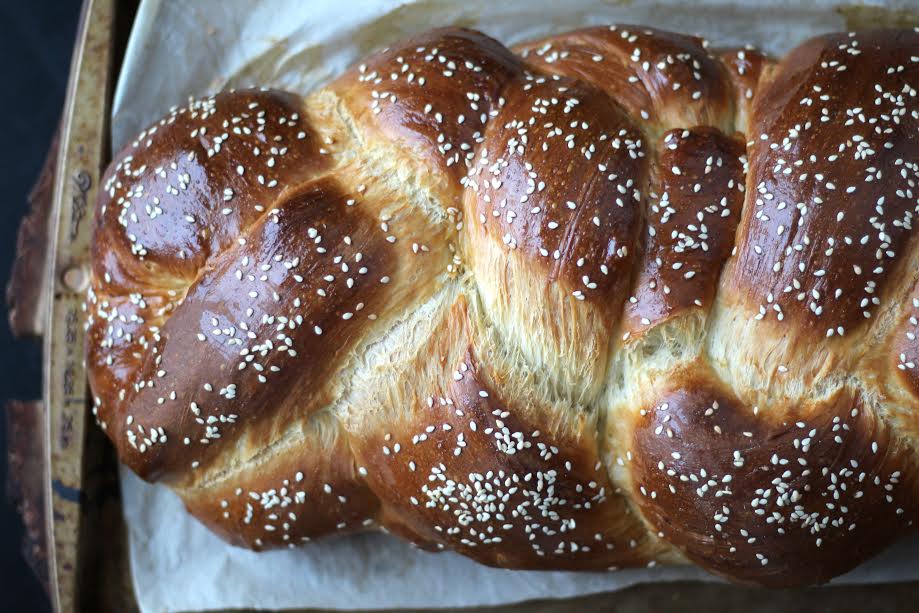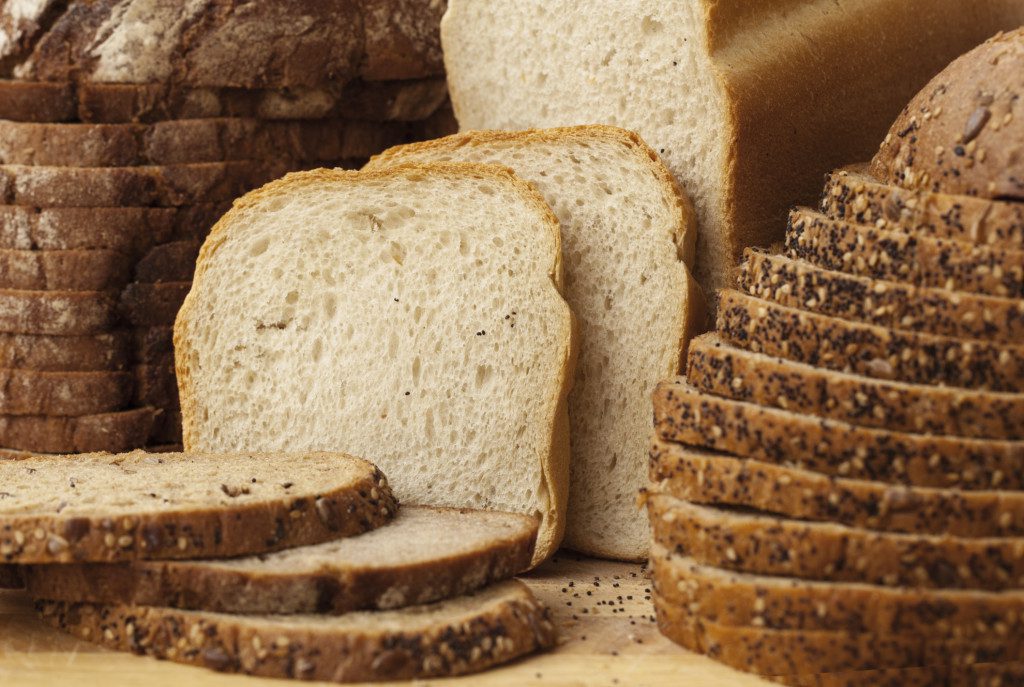Why you should re-introduce gluten to your diet
Unless you're diagnosed with a sensitivity or allergy, products containing gluten can be great dietary staples for runners

The gluten-free diet has been on the radar of health-conscious people for over a decade. The diet was intended for people with celiac disease, but became very popular among athletes. A 2015 study from the University of Tasmania found that 41 per cent of athletes follow a gluten-free diet, with 57 per cent of those athletes self-diagnosing their sensitivity to gluten.
There are certainly people who need to avoid gluten, those with celiac disease being the most common example. Celiac disease is an autoimmune disorder that causes reactions to gluten in the small intestine. Some people also have varying levels of gluten intolerance with a range of side effects. Those side effects include: bloating, headaches, abdominal pain, diarrhea and constipation. The problem is that these GI issues can be caused by a host of things–not just gluten.

RELATED: Demystifying gluten-free
However, a recent study in the Journal of Gastroenterology suggests that in many people, gluten doesn’t cause any GI distress. Researchers found that in healthy populations, flour that contained gluten didn’t have any negative effects on their sample group. They also suggest that there is potentially clinical justification for embracing gluten if you don’t have celiac disease or a sensitivity.
RELATED: The 9 ideal foods to eat before your marathon

A 2017 study by the American Diabetes Association looked at the dangers of excluding gluten and found that in healthy populations, a gluten-free diet could result in lower fibre intake and nutritional deficiencies from consuming a limited array of foods.
Eating a healthy diet is obviously desirable. Figuring out what constitutes a healthy diet can take many athletes (especially younger athletes) down an unhealthy path into orthorexia and other eating disorders if they lack correct information about nutrition. Many athletes can create a list of foods they don’t eat (often including gluten), which can cause big problems.

If you don’t have a gluten sensitivity, products containing gluten are one of the easiest things to eat before a run. The IAAF has released several open access research articles that detail nutrition tips for every kind of runner. Foods that they suggest eating ahead of a marathon include those that are typically easier to digest and sit well in a runner’s stomach. Foods containing gluten tend to fit that description. For example: white bread, breakfast cereal and pasta all made the list and unless specified otherwise, all contain gluten.
RELATED: It’s possible to eat too healthy
As with all things nutrition, consuming a well-balanced and varied diet is the way to go. If you’re someone who can tolerate gluten, there’s no reason why your diet shouldn’t include it.


